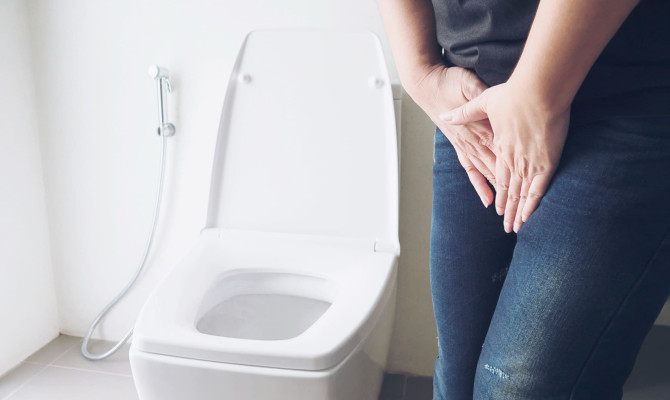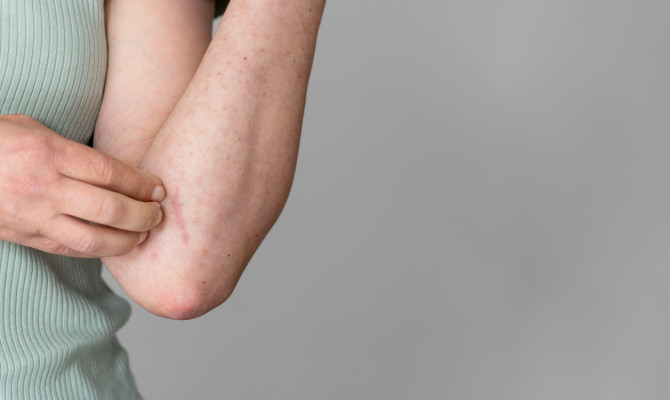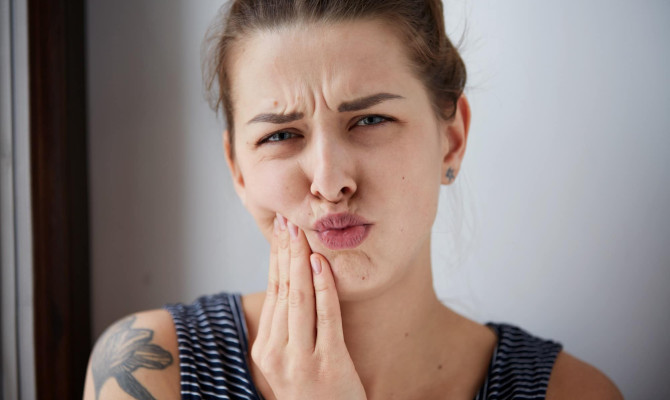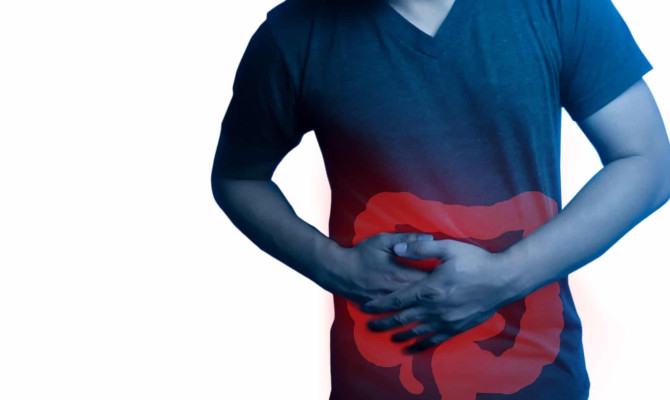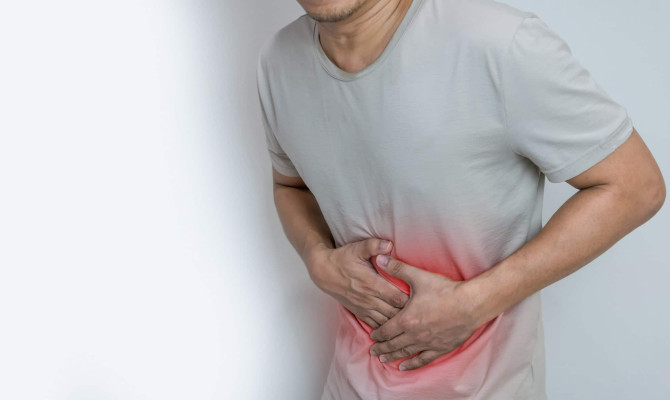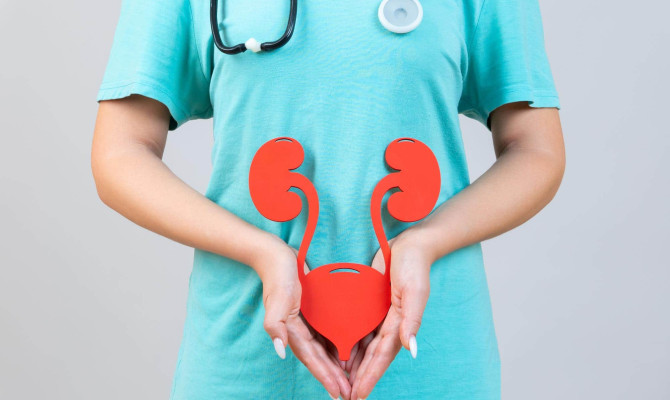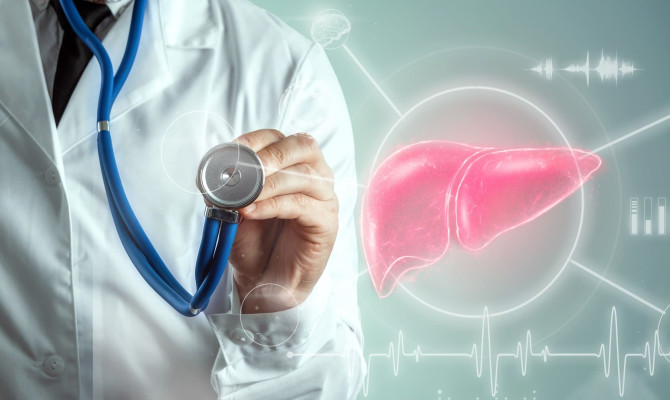PCOS vs Endometriosis: Symptoms, Causes & Management

- Endometriosis
- 19 Oct 2023
Introduction
PCOS vs Endometriosis
Endometriosis and polycystic ovarian syndrome are two typical gynecological diseases that impact millions of people globally. While they share some similarities regarding symptoms and potential impact on fertility, they are distinct orders with their underlying causes and diagnostic criteria. For an accurate diagnosis and effective care, it is essential to comprehend the distinctions and similarities between PCOS and endometriosis.
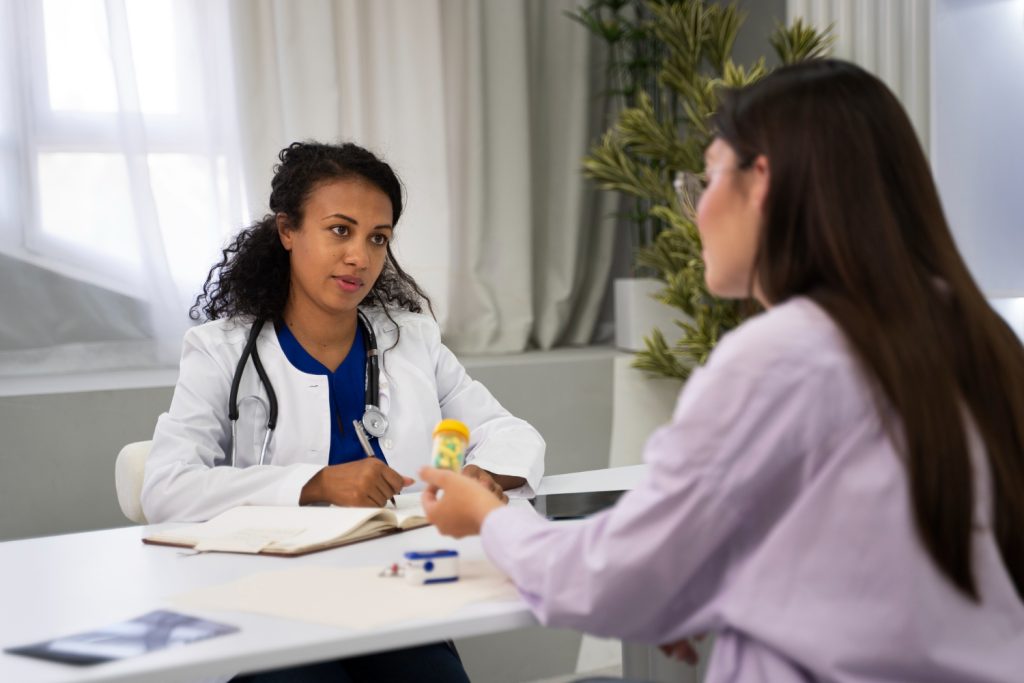
This article will explore both worlds, their causes, symptoms, diagnosis, treatment options, and their effects on fertility. By the end, you will have a comprehensive overview of these conditions, empowering you with the knowledge needed to navigate the complexities of women’s health.
What is PCOS?
- Polycystic ovarian syndrome (PCOS), often known as PCOS, is a hormonal disorder that frequently affects women during their reproductive years.
- One of the key features is the presence of small cysts on the ovaries, which can lead to irregular menstrual cycles and challenges in conceiving; beyond reproductive issues, it is also associated with hormonal imbalances and insulin resistance and can manifest with various symptoms. 1 Introduction | Researched based study from National Institutes of Health
What is Endometriosis?
- Endometrium, a kind of tissue that resembles the uterine lining, develops outside the uterus in this disease.
- This tissue can be found in the fallopian tubes, ovaries, and other pelvic organs.
- Unlike the standard uterine lining, this tissue has no natural outlet for disposal, leading to inflammation, pain, and the formation of adhesions. It is often associated with severe cramps and fertility issues. 3 Introduction| Researched based study from ScienceDirect
Causes
Causes for PCOS & Endometriosis
PCOS Causes:
- Genetics
- Insulin resistance
- Hormonal imbalances
- Lifestyle factors
- Inflammation
It is a multifaceted condition with a combination of genetic, hormonal, and lifestyle factors contributing to its development. The exact cause remains unclear, but several key factors are associated:
Genetics
- Significant genetic factors play a role in PCOS. People who have a family history of PCOS may be more vulnerable.
Insulin resistance
- It is normal to have insulin resistance when the body’s cells don’t react to insulin well. This can lead to increased production of insulin, affecting ovarian function.
Hormonal imbalances
- Elevated levels of androgens in people with PCOS disrupt the normal regulation of the menstrual cycle and can lead to symptoms such as acne and excess hair growth.
Lifestyle factors
- Obesity is linked to it. Excess weight can exhibit insulin resistance and hormonal imbalances.
Inflammation
- Chronic inflammation may affect insulin sensitivity and hormonal control, contributing to the development of PCOS. 1 Causes| Researched based study from National Institutes of Health , 2 Causes| Researched based study from National Institutes of Health
Endometriosis Causes & Risk Factors:
- Genetics
- Retrograde menstruation
- Immune system impairment
- Hormonal influence
- Surgical scarring
Genetics
- There is a familial tendency suggesting a genetic predisposition to endometriosis.
Retrograde menstruation
- According to this, during menstruation, some menstrual blood containing endometrial cells may travel backward into the pelvic cavity, where they may implant and proliferate.
Immune system impairment
- Immune system dysfunction may prevent the body from identifying and getting rid of endometrial tissue that has been put outside the uterus.
Hormonal influence
- Estrogen plays a crucial role. High estrogen levels, whether natural or from external sources, can promote the growth of endometrial tissues.
Surgical scarring
- Previous pelvic surgeries like a cesarean section contribute to the development of endometriosis. 3 Causes| Researched based study from ScienceDirect
Symptoms
PCOS & Endometriosis Symptoms
PCOS Symptoms:
- Irregular menses
- Ovulatory dysfunction
- Increased male hormones
- Polycystic ovaries
- Insulin sensitivity
- Skin issues
- Mood swings
Irregular menstrual cycles
- It typically manifests as irregular or nonexistent menstrual cycles because to hormonal abnormalities.
Ovulatory dysfunction
- Anovulation or lack of ovulation can lead to fertility challenges.
Hyperandrogenism
- Elevated levels of androgens May cause symptoms such as acne, excess facial or body hair, and male pattern baldness.
Polycystic ovaries
- The ovaries may have a few little cysts, as the term suggests.
Insulin sensitivity
- Type 2 diabetes, which causes weight gain and makes weight management difficult, is made more likely by insulin resistance.
Skin issues
- Skin problems include oily skin, acne, and dark patches due to insulin-related skin changes.
Mood changes
- Emotional symptoms like anxiety and depression are observed in some cases. 1 Symptoms| Researched based study from National Institutes of Health , 2 Symptoms| Researched based study from National Institutes of Health
Endometriosis Symptoms:
- Pelvic pain
- Painful periods
- Painful intercourse
- Infertility
- Bloating or gas
- Weakness
- Painful bowel movements
- Back pain
Pelvic pain
- Persistent pelvic pain, often versioning during menstruation, is a hallmark symptom.
Painful periods
- Dysmenorrhea or severe menstrual cramps is a common feature.
Painful intercourse
- Discomfort or pain during sexual intercourse is known as dyspareunia.
Infertility
- Endometriosis can contribute to fertility difficulties.
Gastrointestinal symptoms
- Some people may experience issues such as bloating, constipation, or diarrhea.
Fatigue
- Some people with endometriosis report chronic fatigue.
Painful bowel movements or urination
- The bowels and bladder can be affected by endometrial tissue outside the uterus, which might cause pain while doing these actions.
Back pain
- Pain in the lower back, especially during menstruation. 3 Symptoms| Researched based study from ScienceDirect
Diagnosis
How do I know if I have PCOS or Endometriosis?
PCOS Diagnosis:
Menstrual history
- Irregular menstrual cycles are the absence of menstruation, which is often a common symptom. A detailed menstrual history helps identify patterns.
Blood test
- Hormone levels: It’s possible to see increased levels of androgens (male hormone) like testosterone.
Insulin resistance
- Testing for insulin resistance or glucose intolerance.
Pelvic ultrasound
- One of the defining characteristics of PCOS is the existence of tiny cysts on the ovaries, which imaging investigations may show to exist. 4 Diagnosis| Researched based study from National Institutes of Health, 5 Diagnosis| Researched based study from National Institutes of Health
Endometriosis Diagnosis:
Clinical assessment
- A review of symptoms, menstrual history, pelvic pain, and pelvic examination is done to assess for signs of endometriosis.
Imaging studies
- Ultrasound: While definitive, it may identify cysts or structural abnormalities.
- MRI: It can provide more detailed images and help locate endometrial implants.
- Laparoscopy: Laparoscopy, a minimally invasive surgical procedure, is the most precise method for diagnosing endometriosis. During this, a surgeon can visualize and potentially remove endometrial tissue for biopsy.
Biopsy
- It is possible to collect tissue samples and examine them under a microscope to determine whether endometrial tissue is present outside of the uterus. 7 Diagnosis| Researched based study from National Institutes of Health,8 Diagnosis| Researched based study from National Institutes of Health
Treatment
Treatment for PCOS & Endometriosis
PCOS Treatment:
Lifestyle modifications
- Dietary changes: adopting a balanced, low glycemic diet can help manage insulin resistance.
- Exercise: regular physical activity helps in weight management and improves insulin sensitivity.
Medications
- Birth control pills: hormonal contraceptives control testosterone levels and menstrual periods.
- Anti-androgen medications: spironolactone may be prescribed to reduce androgen-related symptoms like acne and hirsutism.
- Metformin: used to improve insulin sensitivity.
Fertility treatments
- Ovulation induction: medications like clomiphene may be used to stimulate ovulation.
- In vitro fertilization: for more severe cases of infertility.
Management of specific symptoms
- Topical treatment: for managing acne and hirsutism.
- Hair removal techniques: addressing excess hair growth. 5 Treatment| Researched based study from National Institutes of Health,6 Treatment| Researched based study from National Institutes of Health
Endometriosis Treatment:
Pain management
- Pain medications: nonsteroidal anti-inflammatory drugs can help relieve pain.
- Hormonal therapy: Birth control pills, hormonal patches, or progesterone-releasing IUDs are examples of hormonal therapies that can be used to suppress the menstrual cycle and lessen pain.
Surgical procedures
- Laparoscopy: It is a minimally invasive procedure used to remove adhesions and endometrial tissue.
- Hysterectomy: In severe cases where other treatments are ineffective or for those not seeking fertility.
Fertility treatments
- Surgical interventions: surgery to remove endometrial growths can improve fertility,
- In vitro fertilization (IVF): It is one of the assisted reproductive technologies (ART) that may be suggested.
Hormone therapy
- Gonadotropin-releasing hormone agonist: temporarily induced a menopausal state to relieve symptoms.
- Danazol: It suppresses the growth of endometrial tissue.
Complementary therapies
- Physical therapy: pelvic floor therapy for pain management.
- Acupuncture: some people find relief from pain through acupuncture. 7 Treatment| Researched based study from National Institutes of Health, 8 Treatment| Researched based study from National Institutes of Health
Impact
PCOS & Endometriosis: Impact on Fertility
PCOS & Fertility:
Ovulatory dysfunction
- Irregular ovulation or lack of evolution can lead to difficulties in conceiving.
Hormonal imbalances
- It can affect the maturation of eggs and disrupt the menstrual cycle, increasing the risk of miscarriage
- Due to early pregnancy abnormalities and hormone imbalances, women with PCOS may be more likely to miscarriage.
Need for fertility interventions.
- Assisted reproductive technology, such as in vitro fertilization (IVF) vs. ovulation induction, may be required to enhance fertility in people with PCOS.
Endometriosis & Fertility:
Structural changes
- It can result in the development of adhesions and scar tissue, impairing the reproductive organs’ typical functionality and impeding the movement of the egg from the ovaries to the uterus.
Inflammation
- Chronic inflammation associated with endometriosis may negatively impact air quality and implantation.
Distorted pelvic anatomy
- A deformed pelvic architecture caused by severe endometriosis might make it difficult for sperm to reach the egg or for a fertilized egg to implant in the uterus.
Increased risk of infertility
- Endometriosis significantly contributes to infertility, and women with the condition may experience difficulties conceiving naturally.
Surgical interventions
- Surgical removal of endometrial tissue through laparoscopic surgery sometimes improves fertility outcomes by restoring a more favorable pelvic environment.
FAQs
Frequently Asked Questions About PCOS & Endometriosis
Q. Can you have PCOS and endometriosis?
- A person can indeed have both conditions at once. While these are distinct conditions with different characteristics, they can coexist in some cases; having both can present unique challenges, especially if an individual is dealing with symptoms from both disorders.
Q. Does PCOS turn into endometriosis?
- No, PCOS does not turn into endometriosis—their distinct conditions, symptoms, Diagnostic criteria, and treatment options.
Q. Is endometriosis curable?
- It is a chronic condition, and no cure for it is available.
Q. Can someone with endometriosis live a long life?
- It is not life-threatening; many people with endometriosis can lead long and fulfilling lives. The effect it has on a person’s quality of life can, however, differ greatly from person to person.
Q. Can someone with PCOS and endometriosis become pregnant?
- Having both conditions can pose challenges to fertility, but many people with these can still conceive with the proper medical support and interventions.
Any feedback on this article?
 This Articles content was accurate
This Articles content was accurate Very Informative Article
Very Informative Article I have a question or a comment
I have a question or a comment
 This article contains inaccurate content
This article contains inaccurate content This article was not helpful
This article was not helpful I have a question or a comment
I have a question or a comment
We appreciate your helpful feedback!
Checkout our social pages
References
-
National Institutes of Health
Introduction | Causes | Symptoms
-
National Institutes of Health
Causes | Symptoms
-
ScienceDirect
Introduction | Causes | Symptoms
-
National Institutes of Health
Diagnosis
-
National Institutes of Health
Diagnosis | Treatment
-
National Institutes of Health
Treatment
-
National Institutes of Health
Diagnosis | Treatment
-
National Institutes of Health
Diagnosis | Treatment












